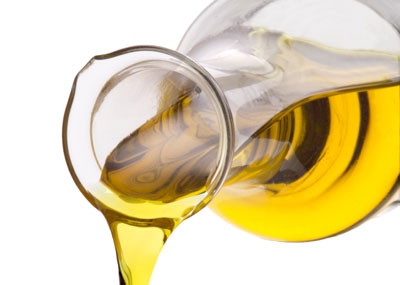California olive oil trade rivals Europe
California producers have mounted a major effort to bring back the domestic olive oil industry, planting thousands of acres, building mills and producing oils that are fresher, purer and cheaper than all but the finest imports, said a New York Times News Service article by Julia Moskin.
In fact, the article noted, a recent study by the Olive Center at UC Davis found that 69 percent of imported extra-virgin olive oils bought off the shelves of California supermarkets failed to meet international standards. European producers, however, said that testing supermarket products proves nothing about the relative quality of imported and domestic oils.
“You can’t decide that all imported oils are suspect and dismiss thousands of years of craftsmanship,” scoffed an American expert who farms olives in Tuscany. Critics also question the cultivation and production methods used in California.
UC Cooperative Extension olive oil expert Paul Vossen, who has worked with virtually every olive grower in the state, called that idea “a bunch of baloney.” He said high-density planting currently works only with certain varieties — arbequina and arbosana from Spain, and koroneiki from Greece — but for those, the practice is no different from other kinds of farming.
Early rain complicates walnut harvest
Tim Hearden, Capital Press
Nearly a week's worth of early-season rain in Northern California brought the normally robust harvest of middle and late walnut varieties to a stop. More than half the state's estimated 485,000-ton walnut crop consists of later varieties, many of which got caught in the rain
With growers fearing they might be hit with unfavorable weather during their harvest, some applied etheryl to induce hull split early, said UC Cooperative Extension farm advisor Rick Buchner. Whether or not that was beneficial is "a matter of some debate."
"Some guys were happy to get the husk open because the nut is going to dry faster," he said. "Even if it's laying on the ground, it's drying. That could be an advantage."

